‘We Love EU: Migrant & Refugee Leisure Spaces and Community Well-being’ project
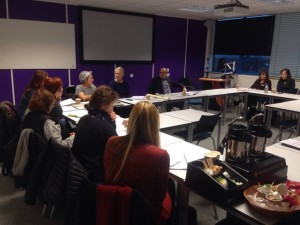
Bournemouth University academics and community organization partners had a first meeting for an internally funded project (QR Fund), ‘We Love EU: Migrant and Refugee Leisure Spaces and Community Well-being’ on January 25. The ‘We love EU’ project is focused on building research capacity to respond to policy changes with regard to migrant wellbeing and Brexit. The project is based in the Department of Events and Leisure (Faculty of Management) and hence the project has a leisure focus. Previous research indicates that leisure spaces and practices are productive to marginalised and excluded communities and individuals in terms of generating resilience and well-being.
The BU academics are: Janet Dickinson, Jayne Caudwell, Kat King and Jaeyeon Choe (Department of Events and Leisure), Adele Ladkin (Department of Tourism and Hospitality), Darren Lilleker (Media School), Nicola De Martini Ugolotti (Department of Sport and Physical Activity), Rosie Read and Holly Crossen-White (Faculty of Health and Social Sciences). We have come together as a very interdisciplinary group with different backgrounds and knowledge. The external partners are: Sally Watkins and Sandy Kirkby from Bside, Nathalie Sherring from Dorset Race Equality Rep, Trudie Cole from Poole Museum, Samineh Richardson, researcher with Citizen’s Advice Bureau, Steph Farr from Corporate Policy and Performance Officer (Syrian Resettlement Programme), Mark Forsyth, Cenan Chappell and Gwen Scolding from the British Red Cross / City of Sanctuary. The partners are working with refugees/migrants or involved with community leisure related activities to explore how we can make research work as a tool to help and address current challenges.
In our three hour meeting, we primarily discussed the community input for the project and planning for collaborative activities to make a broad and meaningful impact. The community partners shared their challenges and issues working with migrant and refugee communities in Dorset. For example, they reported that one of the challenges migrants are facing is ‘Uncertainty’ and we should seek ‘two-way integration’ and think about how to encourage the two way integration. It was a good opportunity to think of what integration or inclusion really means, and how we should approach these concepts. Discussion centred around addressing community partner challenges, including organizing awareness, conducting research projects and publicizing or communicating some significant issues through various media.
The productive meeting revealed many collaboration opportunities with the community along with potential short-medium to long term positive impacts. For example, the community partners value the development of a network and we will organize a community art event with b-Side during Refugee Week (19-25, June 2017). As the organizations have lots of hands-on research opportunities, we are also thinking of liaising with our students to get them involved in research projects alongside community organizations. I personally thought that there is great hope if 20 community partners and academics are passionately discussing what we can we do about these issues on a cold foggy Wednesday for three long hours.
We just have to keep asking, what makes migrants feel belonging, and try to understand what they need, and how leisure spaces (public or private) can help them feel more welcome and healthy.
We look forward to co-producing positive impacts in our community and beyond through this project.
Please follow us on twitter @migrantspaces or join us on Facebook, ‘Migrant Leisure Spaces’ if you are interested in our work or want to share your stories or comments.
#migrantleisurespaces
Janet Dickinson, Jayne Caudwell, Kat King & Jaeyeon Choe
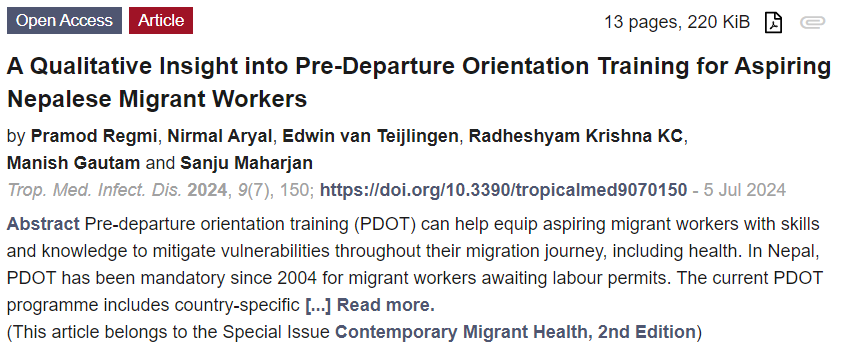 Dr. Nirmal Aryal and Prof. Edwin van Teijlingen.
Dr. Nirmal Aryal and Prof. Edwin van Teijlingen.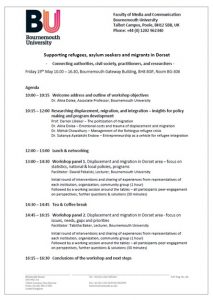
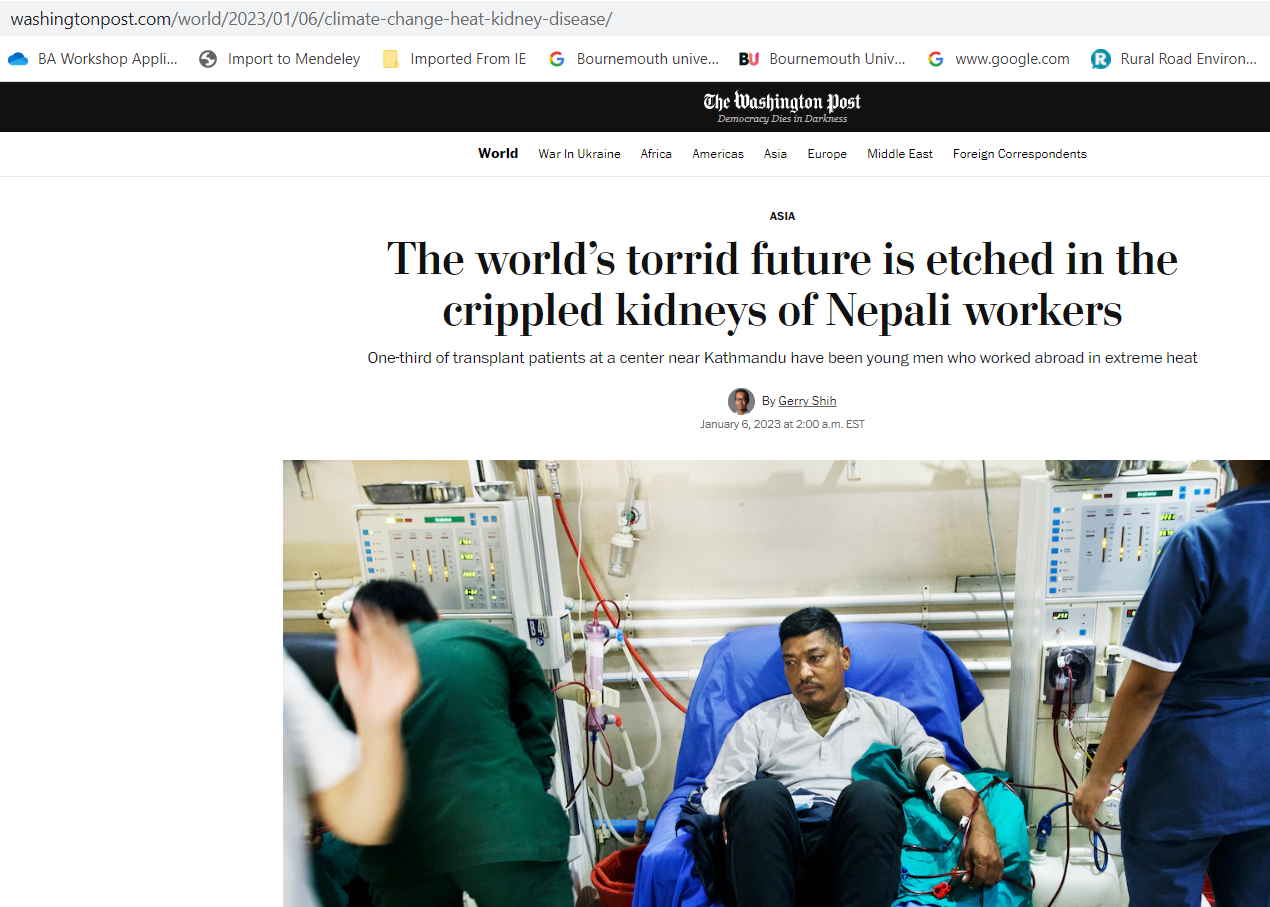

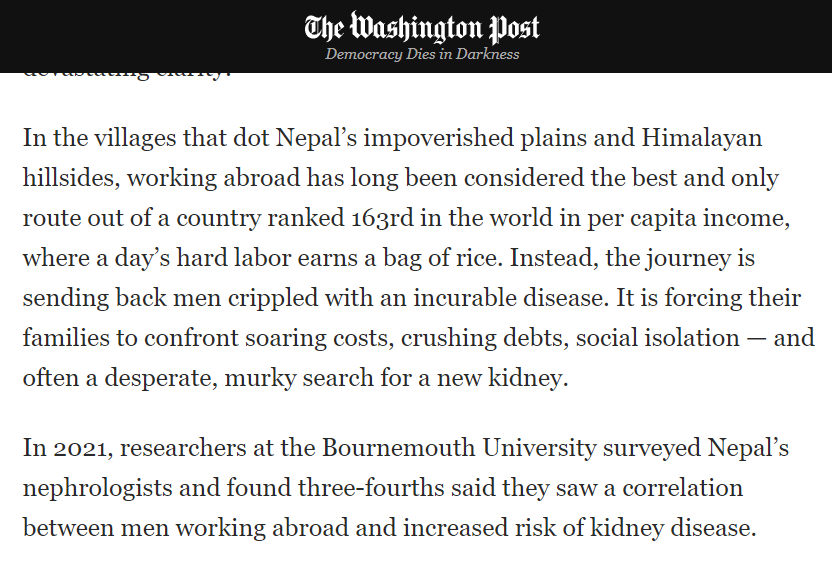
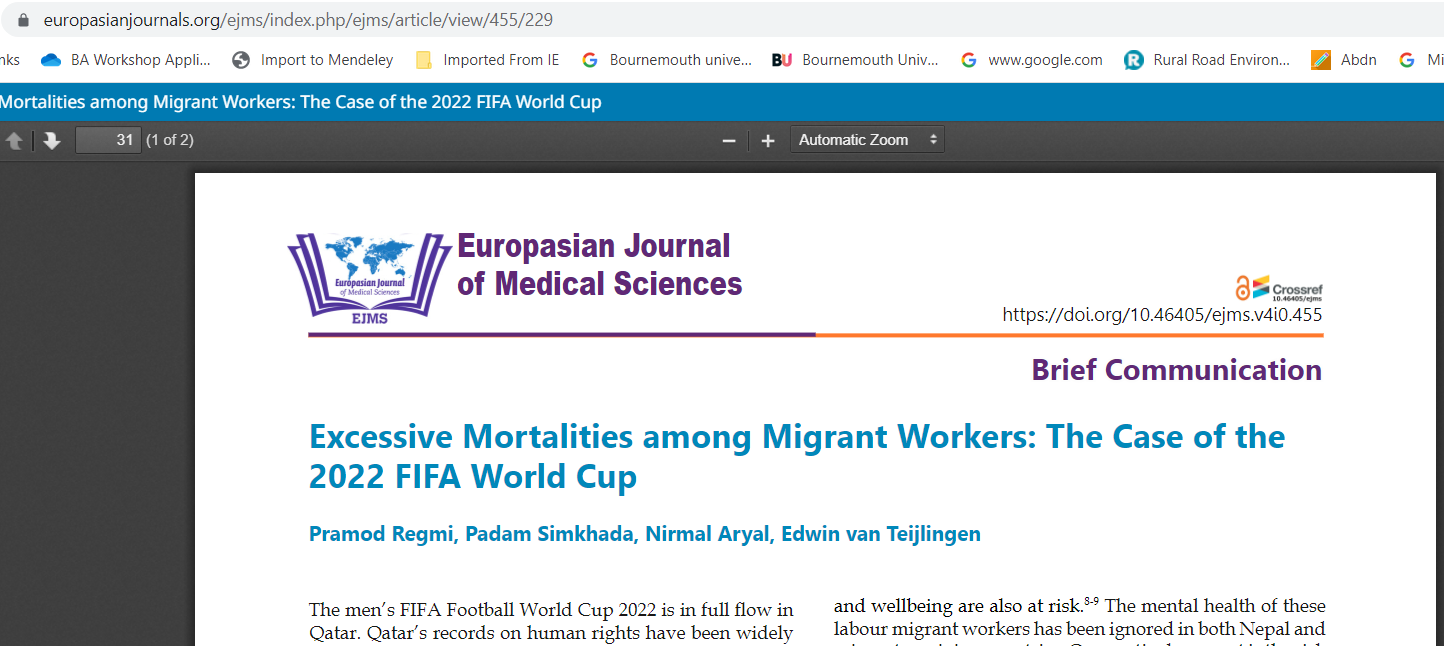

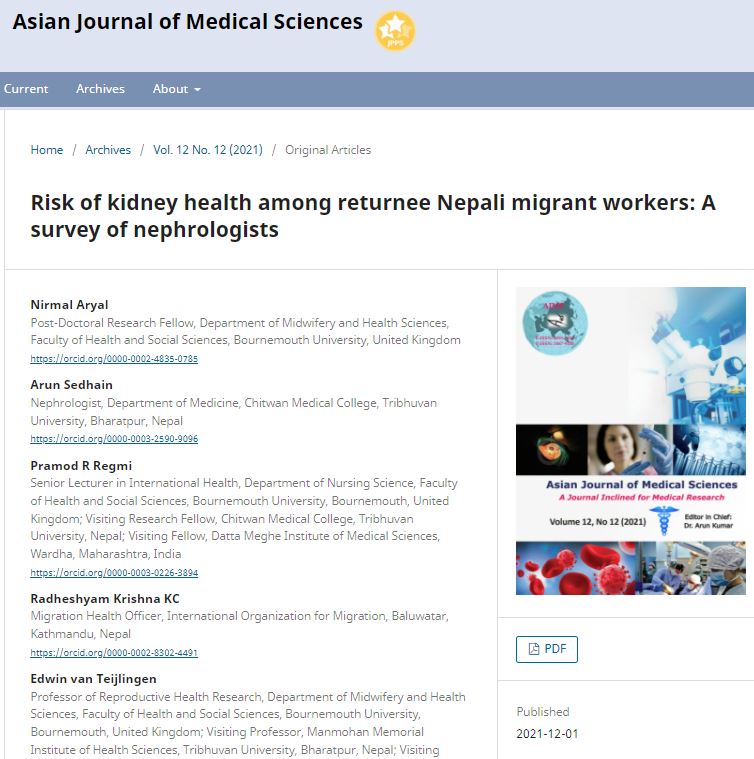
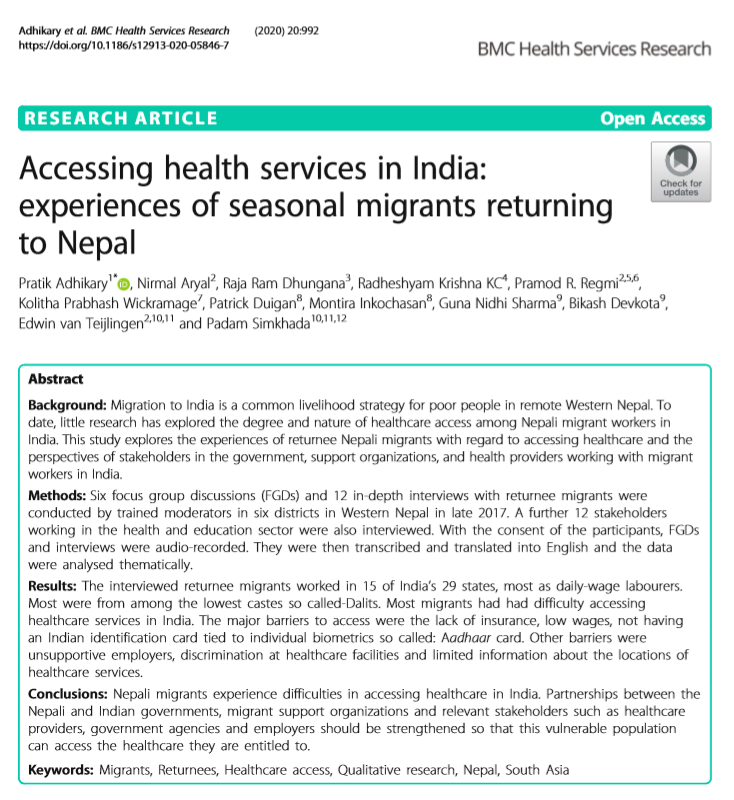

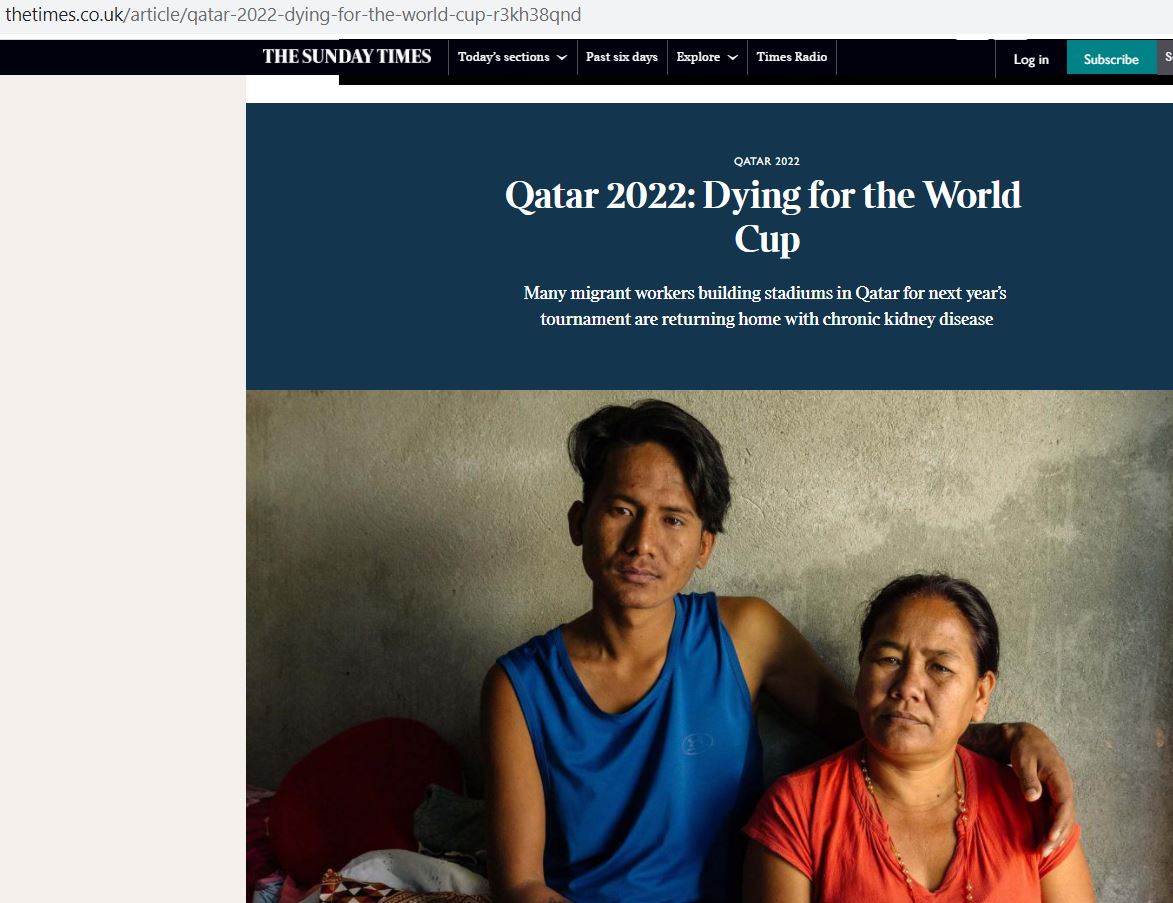
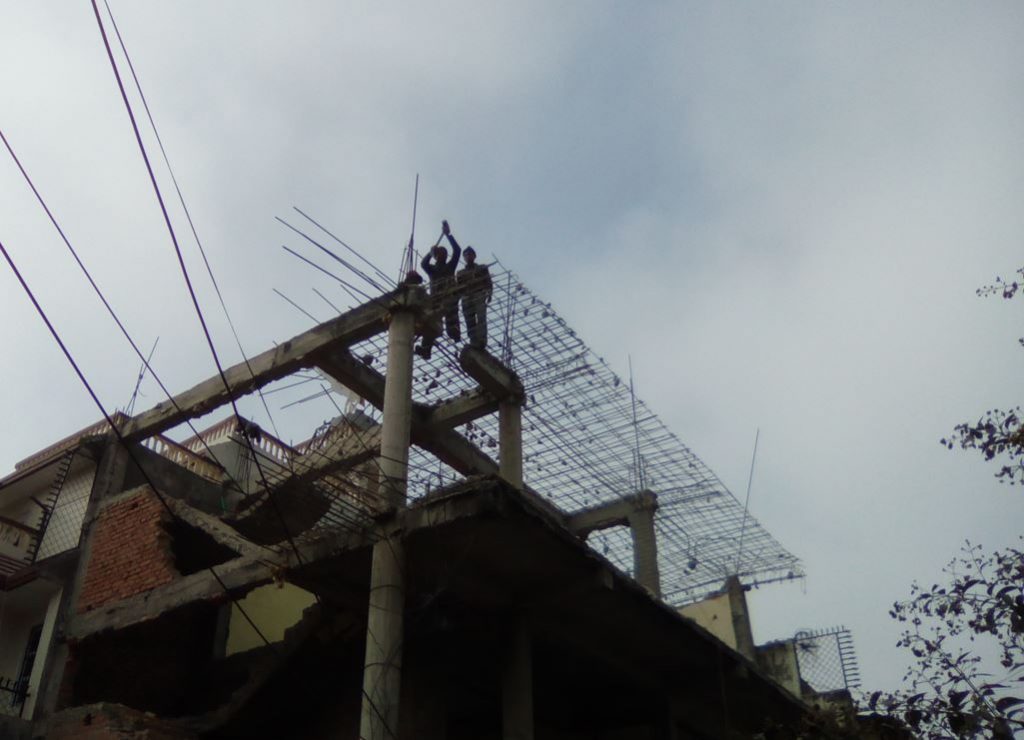

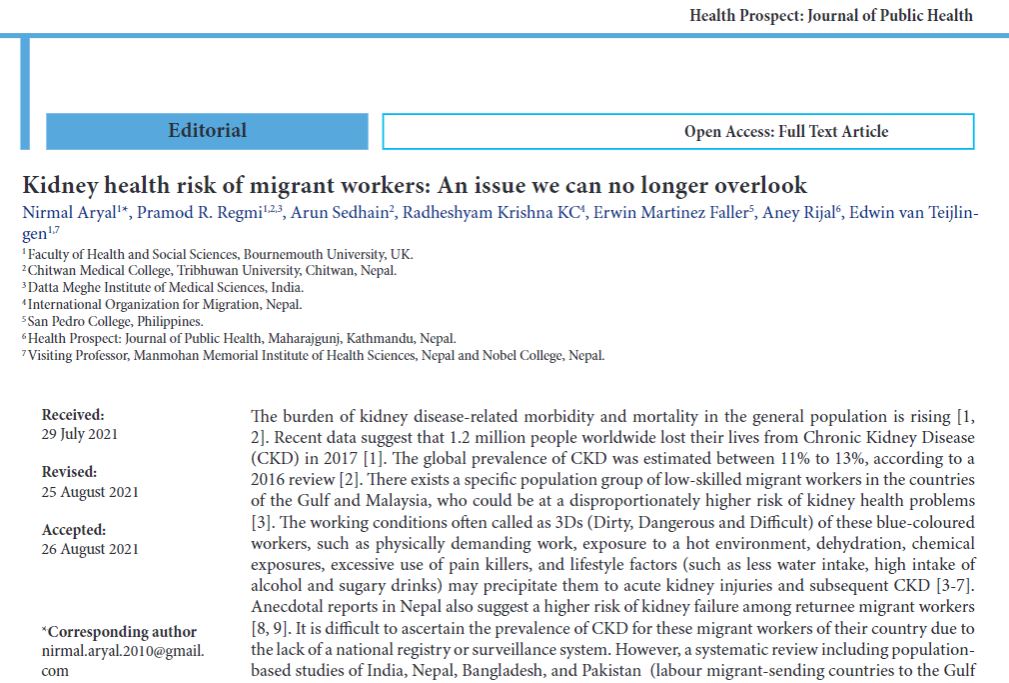

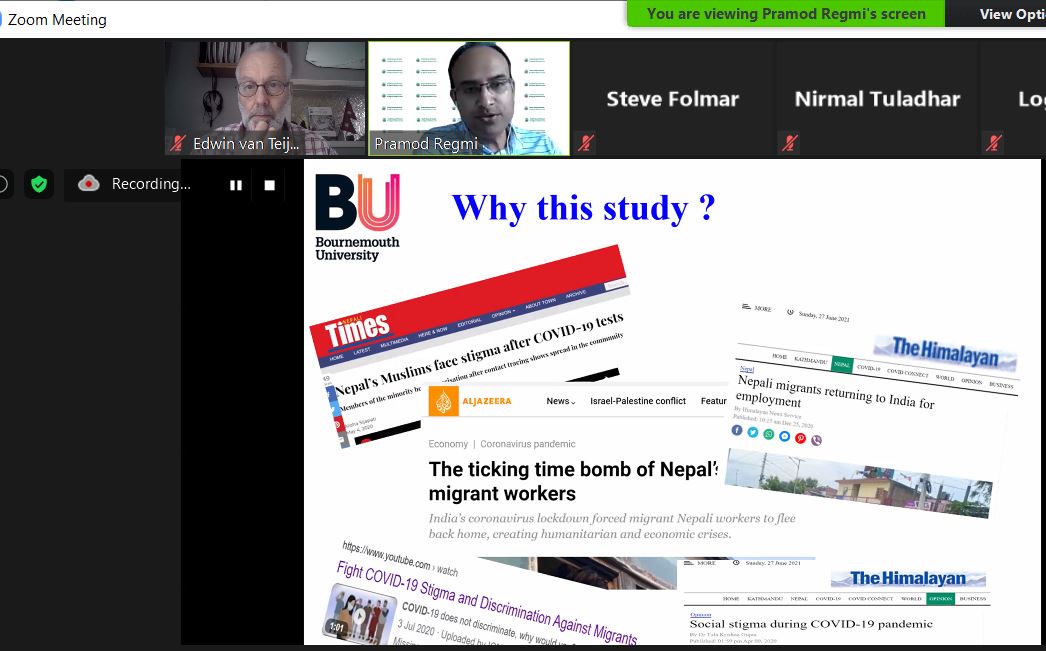
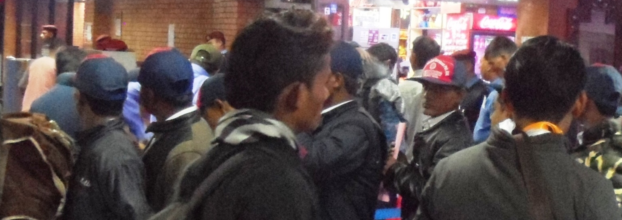


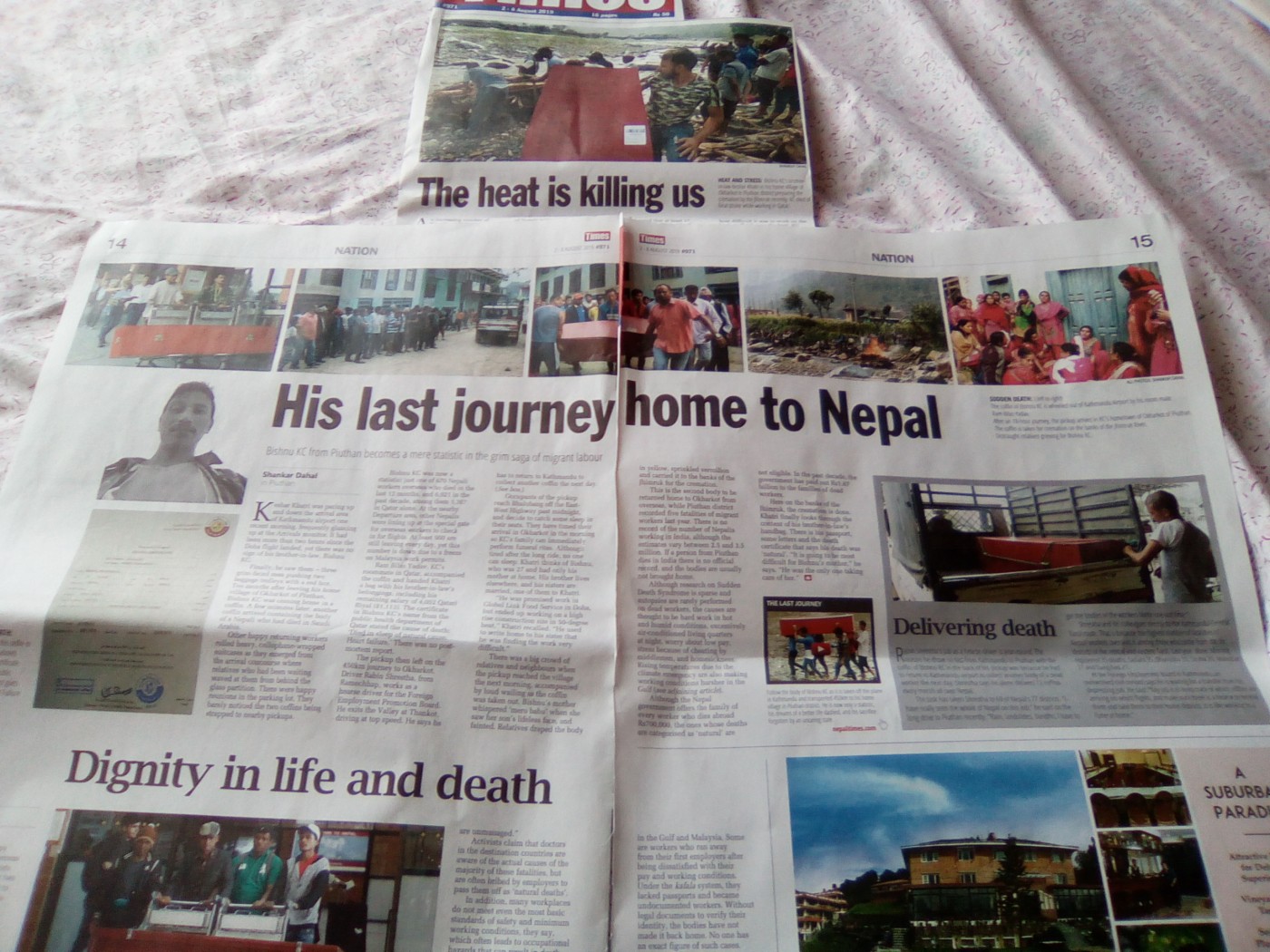

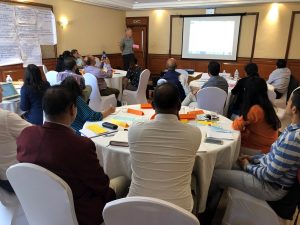
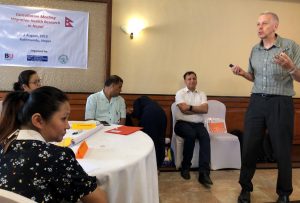
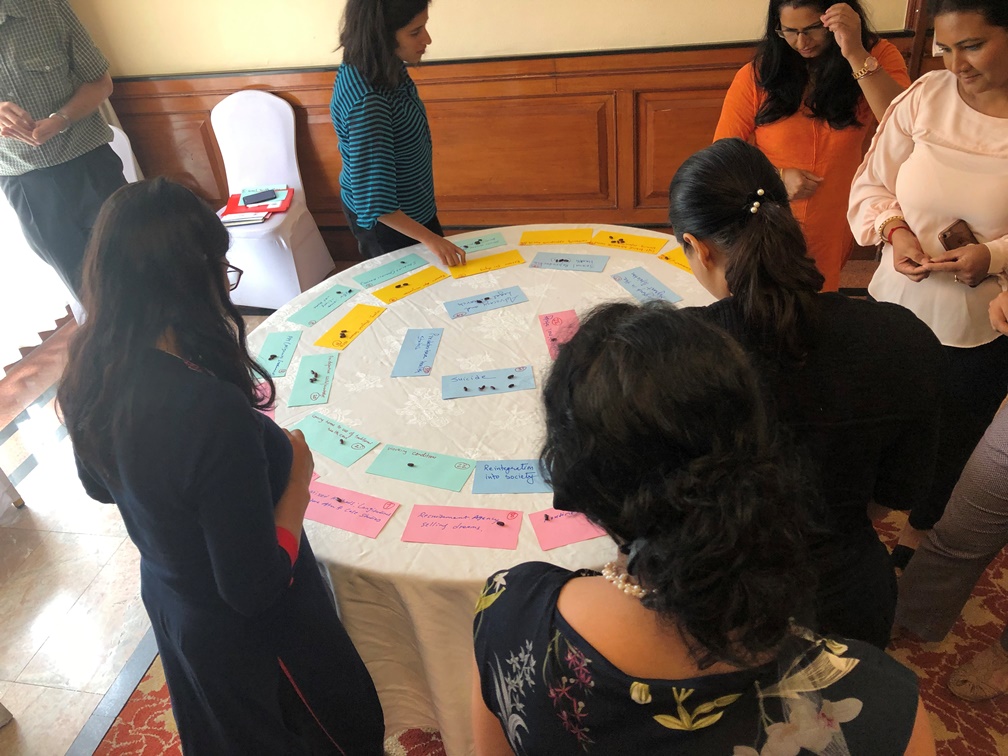
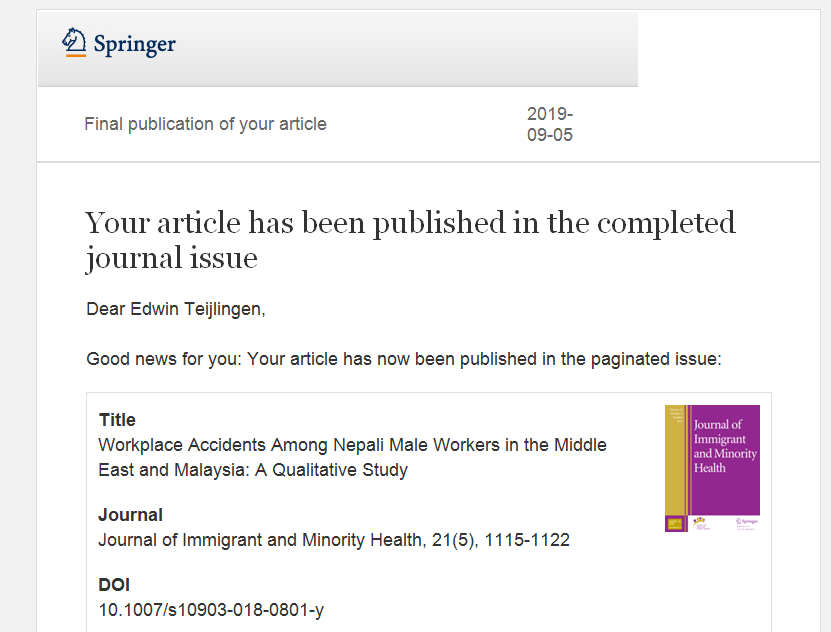
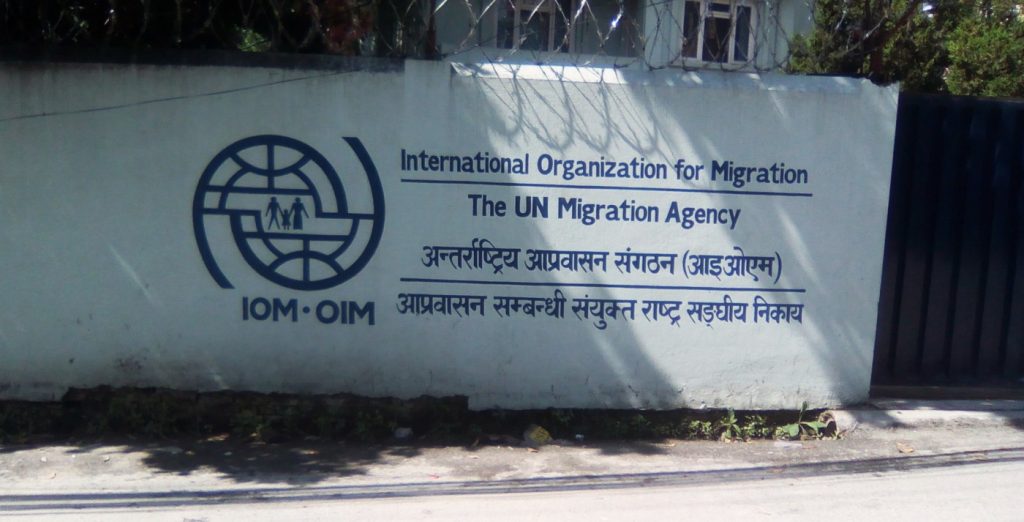
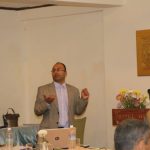
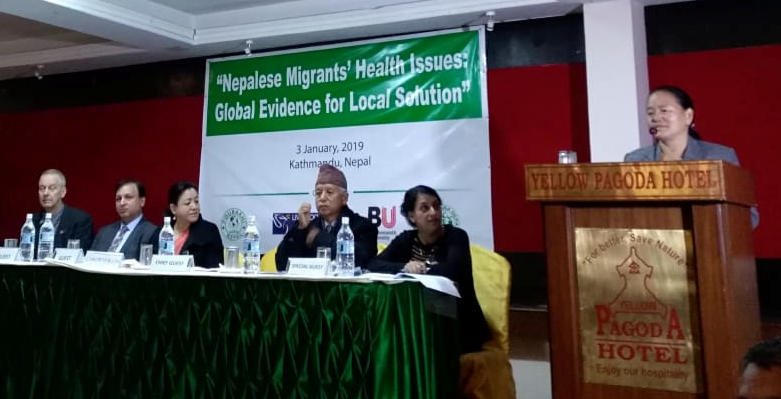

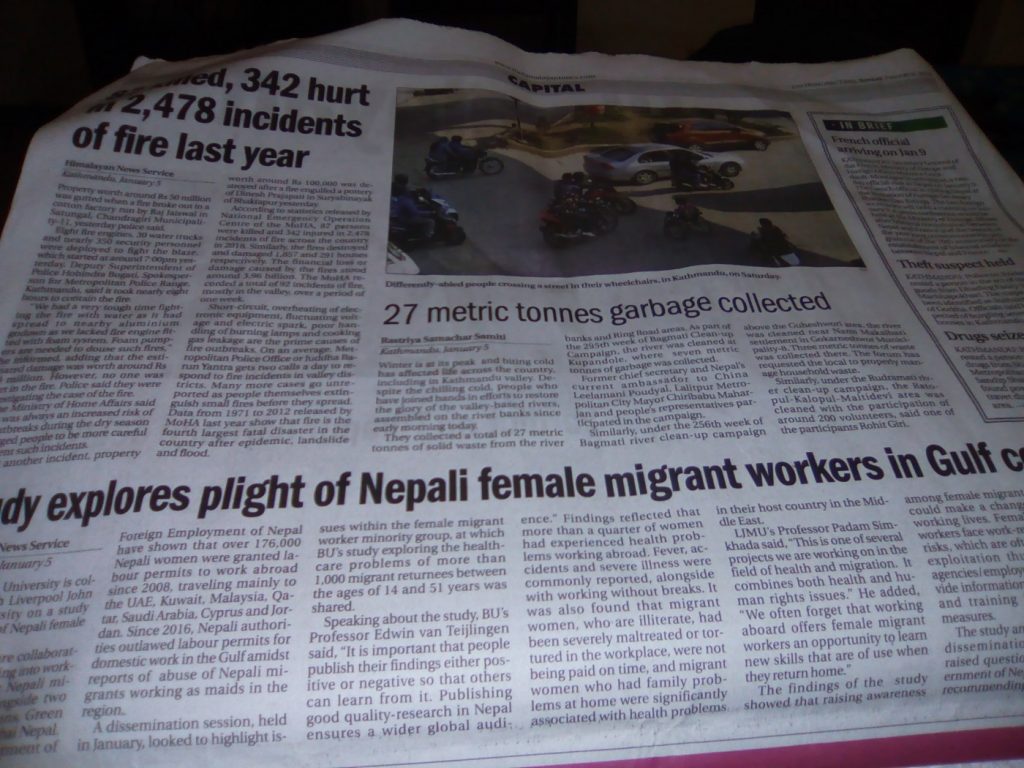
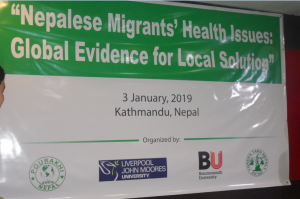

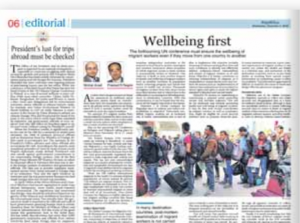


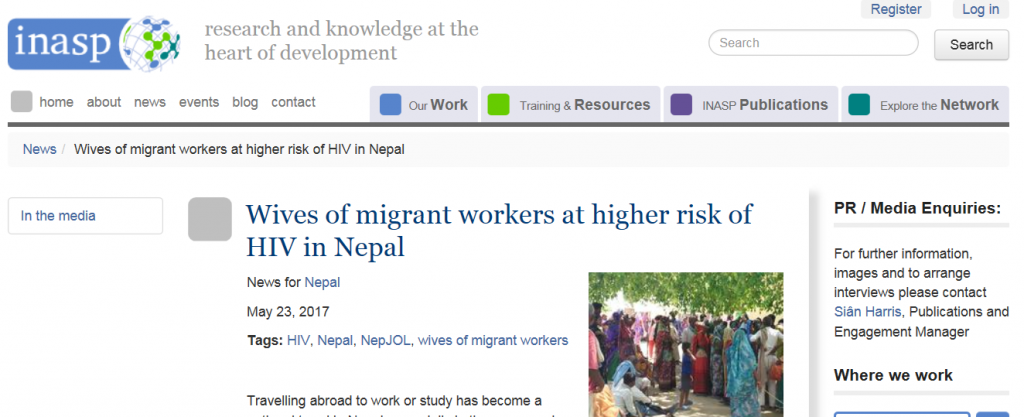
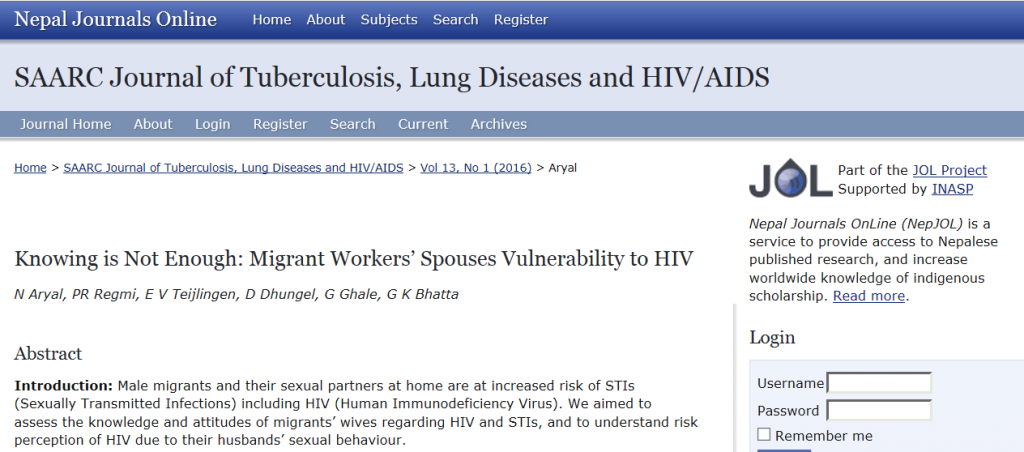













 SPROUT: From Sustainable Research to Sustainable Research Lives
SPROUT: From Sustainable Research to Sustainable Research Lives BRIAN upgrade and new look
BRIAN upgrade and new look Seeing the fruits of your labour in Bangladesh
Seeing the fruits of your labour in Bangladesh Exploring Embodied Research: Body Map Storytelling Workshop & Research Seminar
Exploring Embodied Research: Body Map Storytelling Workshop & Research Seminar Marking a Milestone: The Swash Channel Wreck Book Launch
Marking a Milestone: The Swash Channel Wreck Book Launch ECR Funding Open Call: Research Culture & Community Grant – Application Deadline Friday 12 December
ECR Funding Open Call: Research Culture & Community Grant – Application Deadline Friday 12 December MSCA Postdoctoral Fellowships 2025 Call
MSCA Postdoctoral Fellowships 2025 Call ERC Advanced Grant 2025 Webinar
ERC Advanced Grant 2025 Webinar Update on UKRO services
Update on UKRO services European research project exploring use of ‘virtual twins’ to better manage metabolic associated fatty liver disease
European research project exploring use of ‘virtual twins’ to better manage metabolic associated fatty liver disease